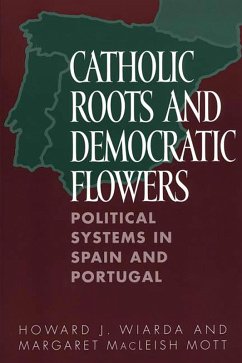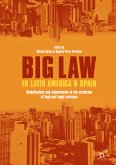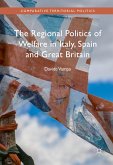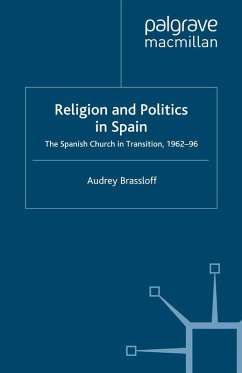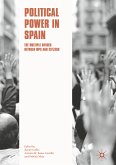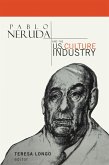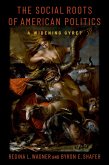Spain and Portugal have recently adopted European-style democratic and political systems. Yet their pattern of historical development is distinctive and, in many respects, their political systems still reflect unique features. In this provocative text Wiard and Mott analyze the special features of Spanish history: the Catholic tradition, seven centuries of Moorish rule, the Christian Reconquest, and the special nature of Spanish feudalism and nationalism. Building on these foundations, the authors analyze Spanish and Portuguese modern history, the regimes of Franco and Salazar, and the recent transitions to democracy. Successive chapters deal with class structure and interest groups, political parties and elections, the structure of the state and state-society relations, regional politics, and patterns of public policy.
While becoming more European socially, culturally, and politically, these two Iberian political systems show also some remarkable continuities with the past, including notions of organic democracy, neocorporatism, and tensions between regionalism and centralism, democracy and authoritarianism, and religiousity and secularism. Students and scholars involved with European politics, comparative politics, Iberian Studies, and transitions to democracy will find this an accessible and provocative analysis.
While becoming more European socially, culturally, and politically, these two Iberian political systems show also some remarkable continuities with the past, including notions of organic democracy, neocorporatism, and tensions between regionalism and centralism, democracy and authoritarianism, and religiousity and secularism. Students and scholars involved with European politics, comparative politics, Iberian Studies, and transitions to democracy will find this an accessible and provocative analysis.

